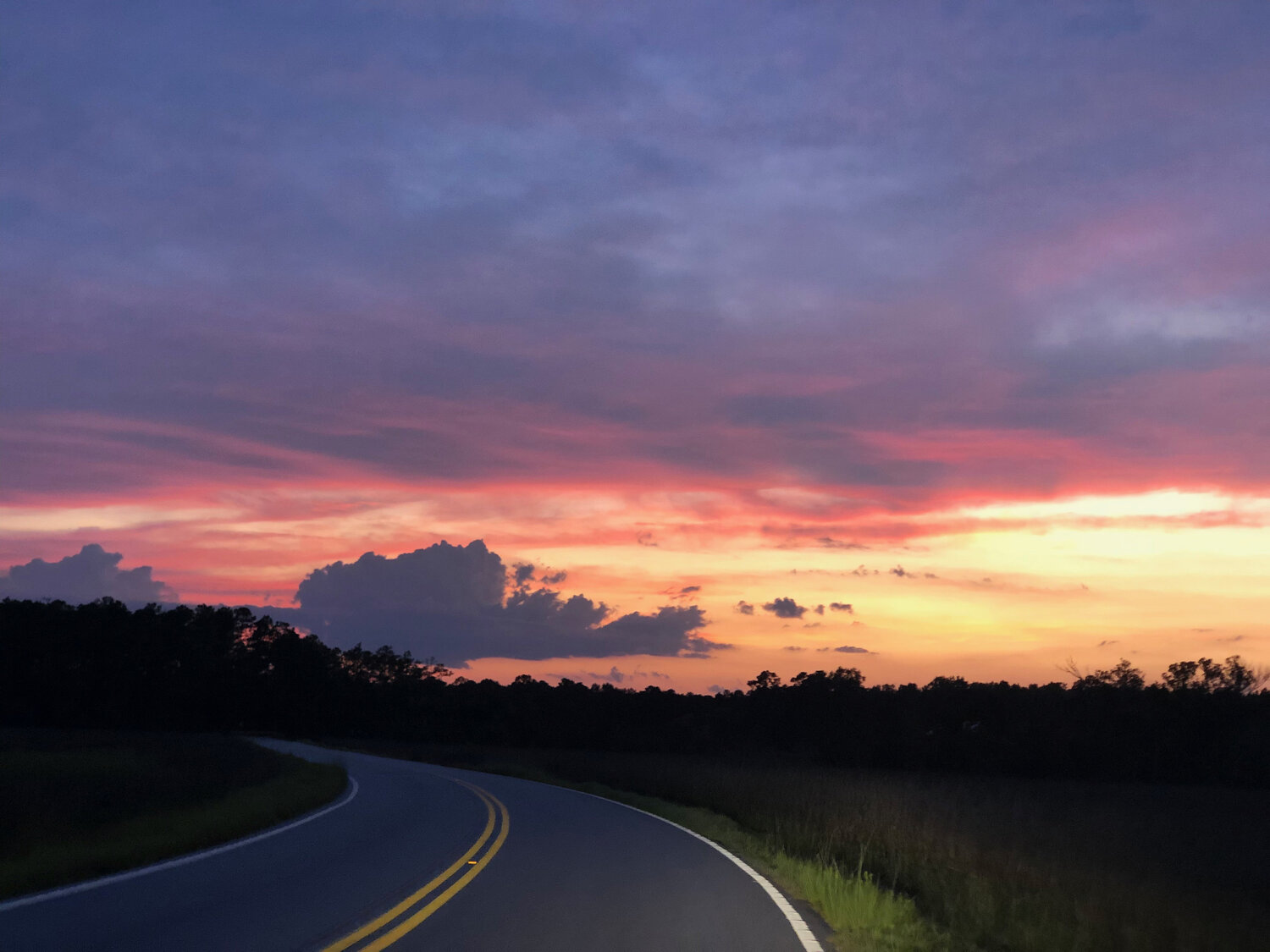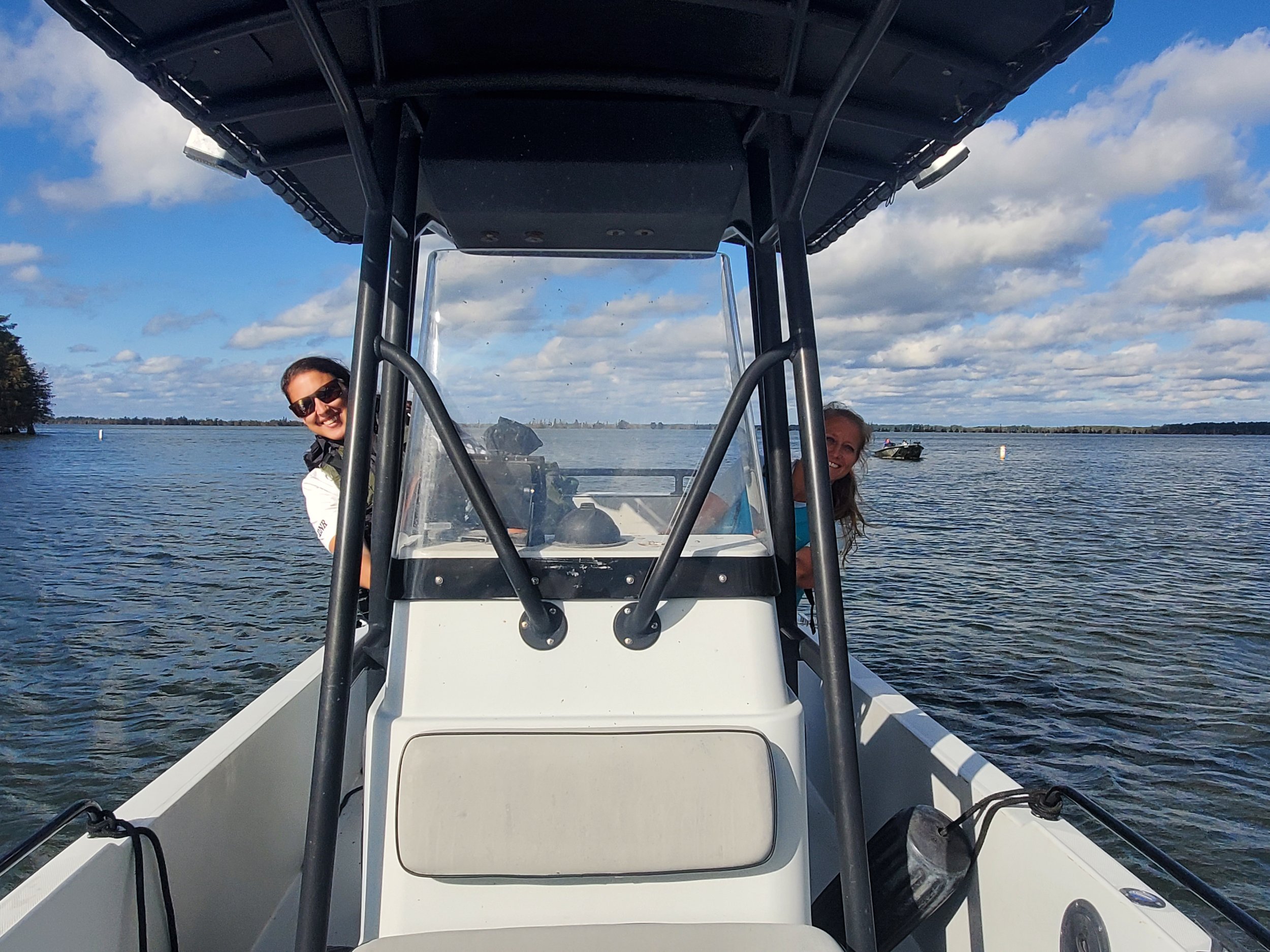
Keep South Carolina Wild
December 22, 2022
Published in Columbia Star – December 22, 2022
By Mike Cox

On October 28, 1931, a group of 150 sportsmen gathered to establish the South Carolina Game and Fish Association. This meeting was the result of several conversations between two men. Local writer Harry Hampton with The State newspaper in Columbia and Zan Hayward of the Game Conservation Dept. of E.I. duPont de Nemours in Columbia.
Hampton wrote a weekly column for his newspaper called “Woods and Water.” From June to October in 1931 he focused primarily on encouraging sportsmen in the state to demand amended laws that would fundamentally change natural resources and game management policies.
After these two dedicated sportsmen travelled the state preaching the gospel of game and fish conservation, the organization’s membership swelled to 2,000. Laws to protect the state’s abundant wildlife and natural spaces were soon moving through the state governing body.
The purpose of the statewide organization was defined as protection and propagation of the game, fish, and forests of the state. The goal adopted at the meeting was to ensure decisions regarding game management in South Carolina were based on science and to remove corruption from the process. In 1946, after World War II, the South Carolina Fish and Game Association reorganized as the South Carolina Wildlife Federation (SCWF). While SCWF is affiliated with the National Wildlife Federation, it is a separate organization, focusing on efforts to exclusively benefit South Carolina wildlife.
Those efforts featured a fight to develop the South Carolina Resources Coalition to establish and enforce game laws in the state, which were finally deemed successful when that coalition was established in 1952. This was the forerunner to today’s S.C. Department of Natural Resources.
The current version of the South Carolina Wildlife Federation has worked for land conservation and habitat protection since becoming an organization. Early hero Harry Hampton’s lasting legacy was the preservation of the Congaree Swamp and getting 15,000 acres designated as a National Monument. That fight was controversial at the time but now, with the Congaree a National Park, controversy seems unbelievable.
Protecting the Colleton River and associated salt marshes, stopping installation of the Russell Dam on the Savannah River, saving the Wando River from ports development, preventing the dredging of Savannah Harbor, and stopping floodplain building are all accomplishments of the SCWF.
In addition to advocating for wildlife throughout the state, the federation has also worked tirelessly to educate South Carolinians about the state’s wildlife and its habitat, outdoor recreation, and conservation practices.
Executive director Sara Green explains, “During the pandemic, we experienced significant demand for information about wildlife in backyards and communities. We began offering webinars on a variety of wildlife topics from backyard birds and butterflies to oysters and sea turtles. All these webinars are now available on our YouTube channel, and more webinars are still being offered on new topics. Upcoming webinars can be found on our website, scwf.org/events.”
One of the best things everyone can do to protect and support wildlife is enhance the habitat in their own backyards and communities. Through SCWF’s Gardening for Wildlife program, even a small yard can be certified by the National Wildlife Federation. Providing food, water, cover, and places to raise offspring makes a big difference for wildlife and gives residents the opportunity to educate neighbors and spread the word about conservation. Habitat gardens also can be created at parks, libraries, churches, schools, and private businesses.

Sara Green adds, “A new initiative we started this year is called “Plishing” which is a combination of the Swedish phrase “plocka upp”, meaning litter pick up, and fishing. Individuals and families across the state joined our summer challenge and logged fish caught as well as litter picked up and disposed of properly. Each fish caught, fish released, and bag of litter collected counts for points toward some great prizes (in addition to enjoying the outdoors and practicing conservation). Stay tuned for the 2023 Plishing Challenge!”
South Carolina Wildlife Federation is a member of the South Carolina Conservation Coalition (SCCC), a collection of 40 conservation minded groups working together to make sure the state legislative body is aware and concerned about conservation issues. Among the issues SCCC has focused on:
For more information, visit the www.scwf.org.
Tags: Habitat, Sara Green, conservation, Plishing, Wildlife, Columbia Star, History, Webinars, Gardening

The developer’s proposal would not only exacerbate West Ashley’s notorious flooding, it would destroy more than 200 acres of valuable wetland habitat and create a mixed-use development unaffordable for the...

SCWF and other conservation groups are working to ensure that new housing developments conserve critical wildlife habitat and protect residents from increased flooding. The article below describes our challenging of...

“Best class”, “learned new stuff”, “awesome instructors”...these are some of the comments from our new POWR Up retreat held at Santee State Park and the surrounding area October 13 -...